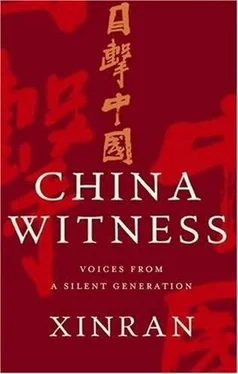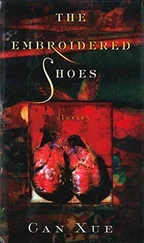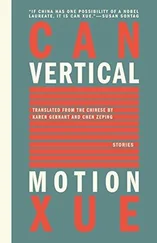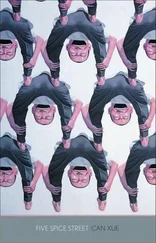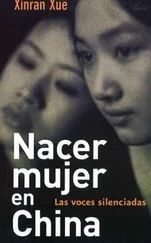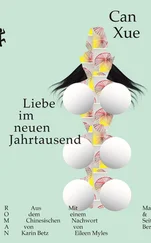But, to be honest, none of us could ever have imagined or expected what we might find on this journey, planned for so long, involving fifty people and based on my twenty years of research.
Before I started, I had no idea. But I knew that I had to complete my journey.
1 Yao Popo, or the Medicine Woman of Xingyi
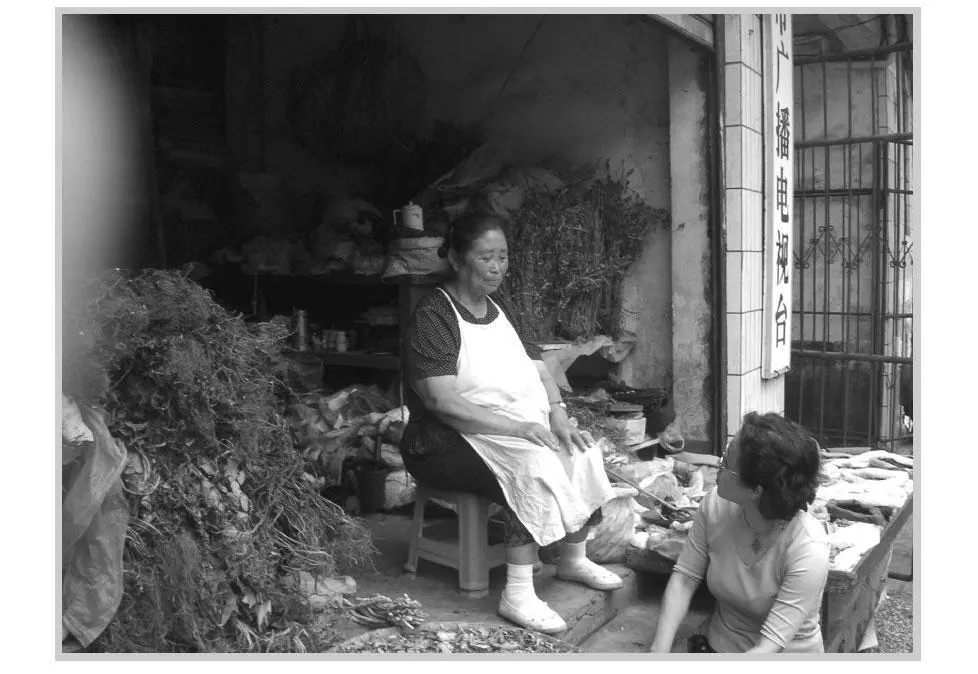
Sitting on the step of Yao Popo's herb shop.
YAO POPO or the Medicine Lady, aged seventy-nine, interviewed in Xingyi, Guizhou province, south-western China. When she was four years old, Yao Popo's mother was killed and she was given away to a medicinal herb seller. She was married off to a musician, the foster son of the herb seller, and the three of them travelled around China, from the Yangtze River to the Pearl River between the 1930s and 1960s. She says the Cultural Revolution helped her: she made a home and a life from it because hospitals and medical schools closed down, and people came to her instead.
At 2.20 a.m., on 27 July 2006, after twenty-eight hours on aeroplanes, from London to Guilin, via Munich, Beijing and Xi'an, I found myself too exhausted to sleep. The two strong sleeping pills I had taken earlier gave me only three hours of troubled rest, full of dreams of getting on and off planes, checking in, reclaiming baggage, and running round and round an enormous circle, searching for its centre – the witnesses I wanted to interview.
The last part of my dream was linked to what my husband Toby and I talked about on the plane: China's century-long quest for a new political and moral centre, following the 1911 revolution. Every time I go back to China, I look for the places that have been important to me in the past, but most of them have disappeared – everything is different. Sometimes, I find it hard to distinguish between my memories and my dreams. If the past is already this blurred for me in middle age, how do older people manage? Do their memories cease to become real? If so, does this cause them pain? Do the stories they hear from other people of their generation also start to seem unreal? How can they convince their uncomprehending or doubting children that stories and events that have left no physical historical trace really took place?
Returning to Guilin in the south – famous for its lush greenness and eerily beautiful limestone formations – for the first time in ten years, my heart grew heavy. As we continued our journey and the moment for approaching my interviewees drew closer, I felt underprepared, hesitant, overwhelmed by the speed at which China was changing. Everywhere I had been a decade ago seemed no longer there. I had nothing with which to orient my memories.
When I moved to Britain in 1997, I was very proud of the speed at which China, and its cities in particular, were changing. But after I saw how careful Europe was to preserve the traces of its past, I began to be troubled by the unseemly haste with which my country was destroying the old to bring in the new. I saw now that this millennia-old empire of ours was being rebuilt by mindless modernisers who took their cultural bearings from McDonald's. In the two decades that Mao had been dead, modernisation had taken a heavy toll on every Chinese city, with arrogant local planners still gleefully bent on continuing this irresponsible destruction of the ancient past.
Xingyi, the capital of the Buyi Minority and Miao Minority autonomous region in the province of Guizhou (south China), is a typical example of a city being transformed by post-Mao modernisation. "Situated at the intersection of three provinces," the local government guidebook informed me, "Xingyi has historically been a key communications, and collecting and distributing centre in the region. Surrounded by undulating hills and intersecting rivers, the area is notable for its limestone formations. With its beautiful countryside and temperate climate, Xingyi – the home of many illustrious historical figures – has much undeveloped potential as a tourist destination."
Arriving in Xingyi, on our way from Guilin to Chengdu, felt like stepping into a time warp. Everything in the city reminded me of early 1980s Beijing and Shanghai: the streets, the clothes, the shops, and especially the municipal government guest house that we stayed in, with its shabby decor, malfunctioning room fittings and leaky bathrooms, its clueless receptionists, chambermaids who never changed your towels, and waiters and waitresses who ignored diners in the main restaurant to minister to raucous private rooms of local officials, its ceaseless din of karaoke and its noticeboards passing off romanised Chinese as English.
What really took me back twenty years was the yard full of high-priced cars and the self-important officials getting out of them. The only way to ensure the attention of the staff in a guest house like this is to impress upon them, the moment you swagger inside, just how important you are. Otherwise, your laundry will disappear, your breakfast token be misplaced, and your personal belongings get "tidied away", never to be found again. Sometimes your room – for which you have already paid – will even be taken away for an official meeting, while your dinner will fail to materialise, because the cooks have knocked off after producing yet another banquet for government bigwigs.
In the two nights and three days that we spent in the city, Toby and I got the full Xingyi experience, with cockroaches, bedbugs and a violent midnight encounter with a roaring drunk, karaoke-singing cadre thrown in as special bonuses.
But, as Nietzsche once said, what doesn't kill you makes you stronger. My original intention had been to start my interviews in Chengdu, in Sichuan province, western China, but while attending the wedding of the friend who translated my first book, The Good Women of China , I happened to encounter my first storyteller: the Medicine Woman of Xingyi.
Early one morning, Toby and I – just as we always do in China – were wandering about the streets, people-watching. A couple of hours before 9 a.m., the streets of Xingyi were already bustling with commercial activity: with peddlers and stalls run by local farmers and fishermen, selling various exotic local delicacies, including the mountain mushrooms for which the area is famous. We stepped into a dark, narrow lane running parallel to the main market street, and back through history: past the kind of dilapidated houses and shopfronts I associate with films depicting the "old" (pre-1949) society. What immediately struck me was that most of the shopkeepers and stallholders were women: in addition to those mending shoes, carving chopsticks, selling haberdashery, making burial clothes and paper funeral money, a great number were selling local speciality foods and herbal medicine.
My attention was caught, from some distance, by an old woman whose face shone with a particular, resolute intelligence. She was sitting in an open-front shop talking to a customer. Various kinds of dried herbal medicines were displayed around her: some hanging in bags, some on shelves, tied in bundles; others heaped on the ground at her feet.
I pointed her out to Toby. "She's the only one on this lane who doesn't look worn-down, demoralised by life. I wonder why she seems so different from everyone else round here."
"Go and talk to her, I'll wait. We're not in a hurry." Toby knows that I love these opportunities to chat casually with Chinese women – spontaneous encounters can yield unexpected information.
I waited until the old lady had finished with her customer, then walked over and started up a conversation. "Hello. Are these herbs all grown round here?"
Читать дальше
